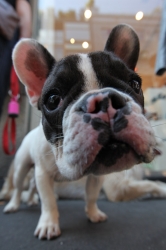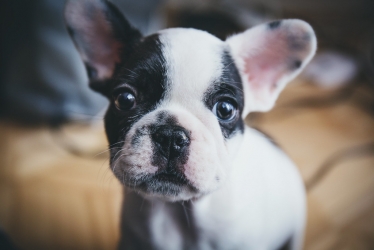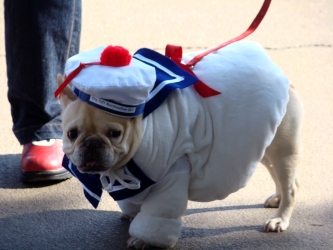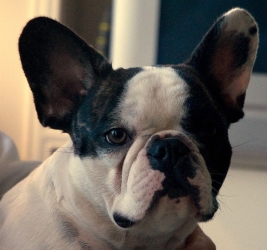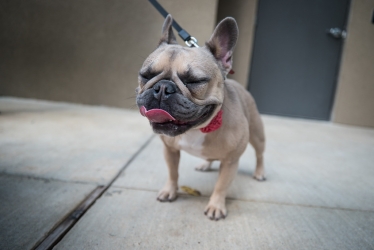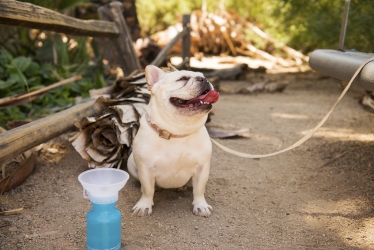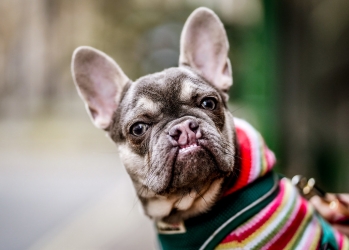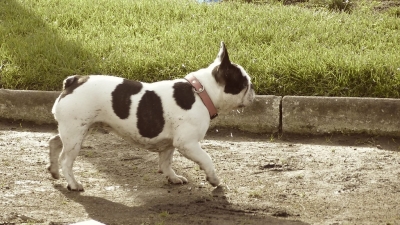French Bulldog
French Bulldog Behavior and Temperment
| Indoor Activity | Outdoor Activity | Vigor | Consistant Behavior |
| Dominance Strange Dogs | |
| Territorial | |
| Good With Children | |
| Good With Strangers |
French Bulldog History
The origin of this sweet-tempered dog is interesting. Both the French and the English claim paternity. The former claim that he is a native breed; the latter hold that he is a descendant of the English Bulldog.It remains an established fact, however, that around the middle of the nineteenth century, the French Bulldog virtually invaded Paris, especially in the working-class districts where there was hardly a coachman or butcher who did not own one.
One of the most skillful breeders of the Bulldog, K. Hartenstain, a German, first saw one of these dogs in Paris during the Franco- Prussian War of 1 871 . It is known that during this siege the Parisians were forced to slaughter their domestic animals in order to survive. The fact that a Bulldog was left alive shows how much they cherished their national breed.
Whether his origins are French or English, this dog is very different from the English Bulldog. He is small, compact, quiet, and even tempered—an appealing companion. The French call him the "favorite child." Yet he is, nonetheless, courageous, strong, and vigorous, a good guard dog and rat hunter.
French Bulldog Description
He has a short muzzle with wrinkled skin, and when his lips are closed, his teeth should not show. He has ' 'bat ears,' muscular legs, and a soft, dense coat.There are two classes of French Bulldog : the lightweight, weighing under 22 pounds (1 0 kg.) ; and the heavyweight, weighing at least 22 pounds but no more than 28 pounds (1 Oto 1 kg.). It is important that he carry only the weight necessary for harmonious lines. Overweight animals run the risk of respiratory problems.
Permissible colors for the coat are "quail" gray (a white background with small speckled patches) or speckled black and tan with or without white patches on the chest.
